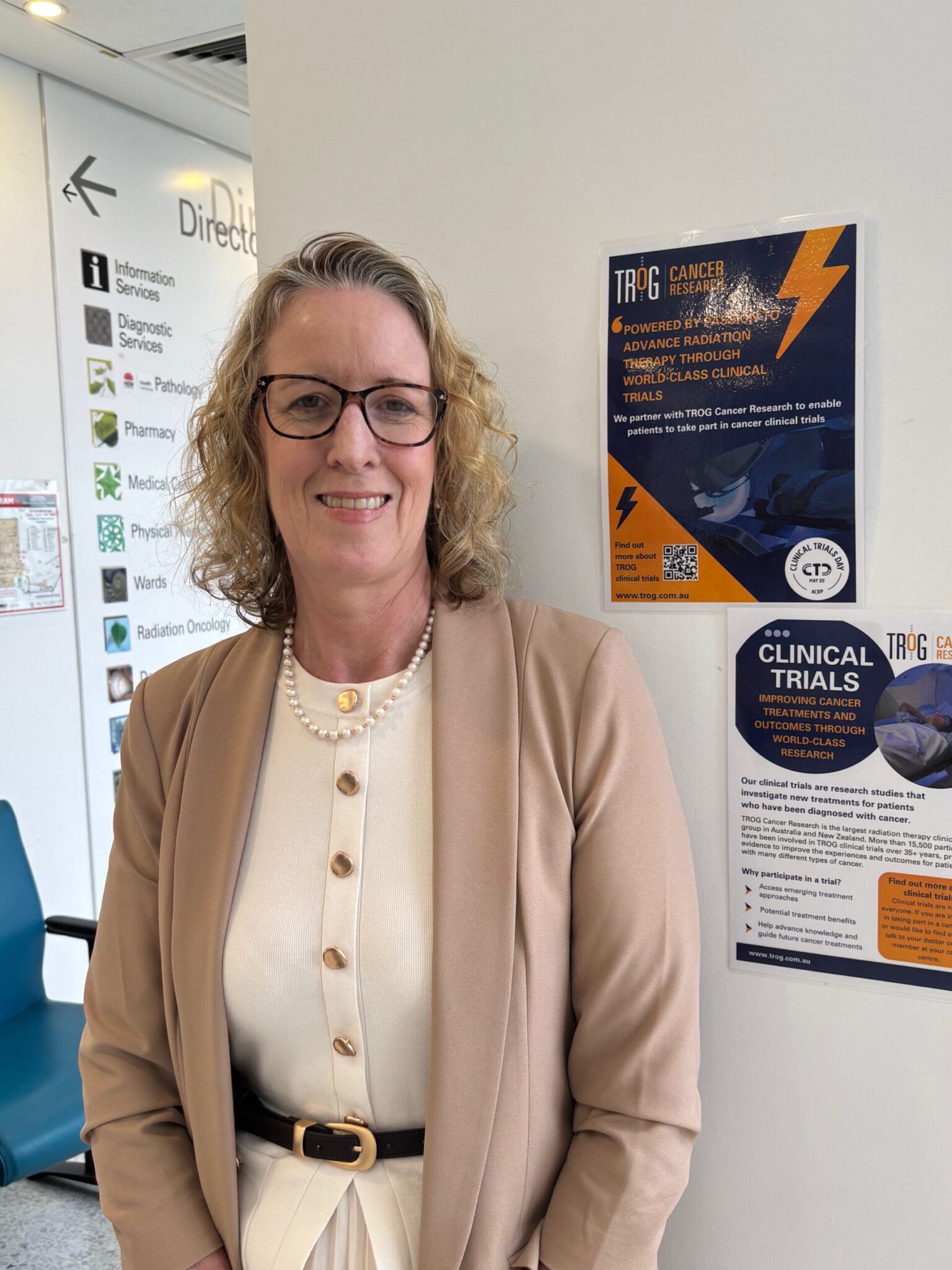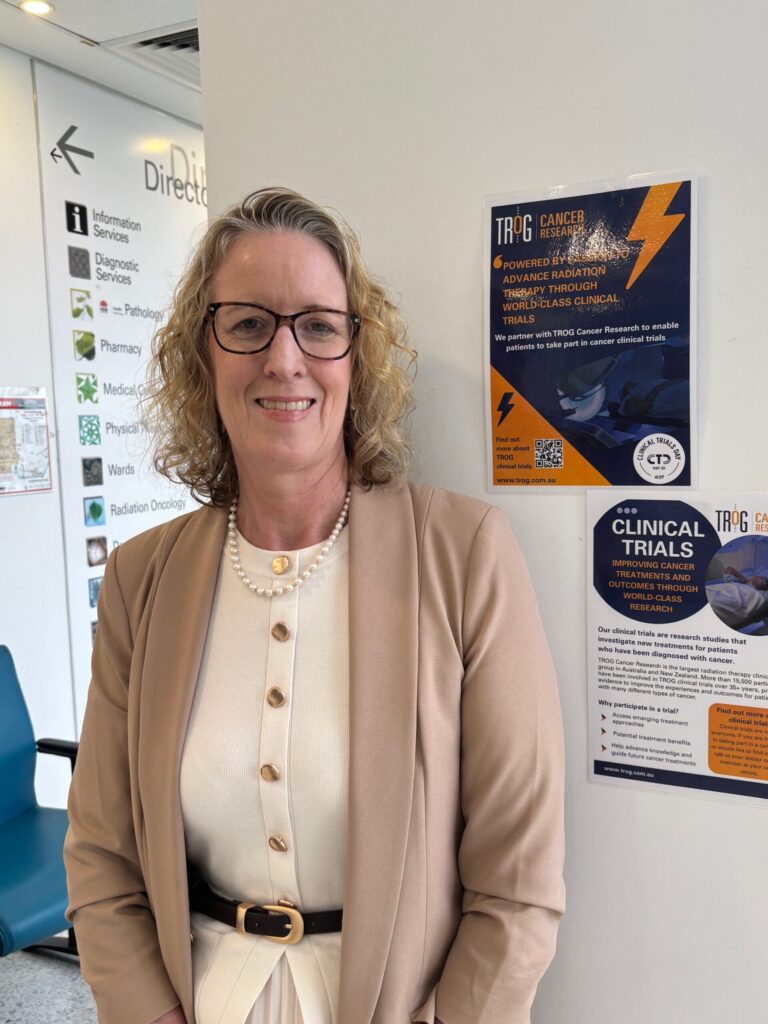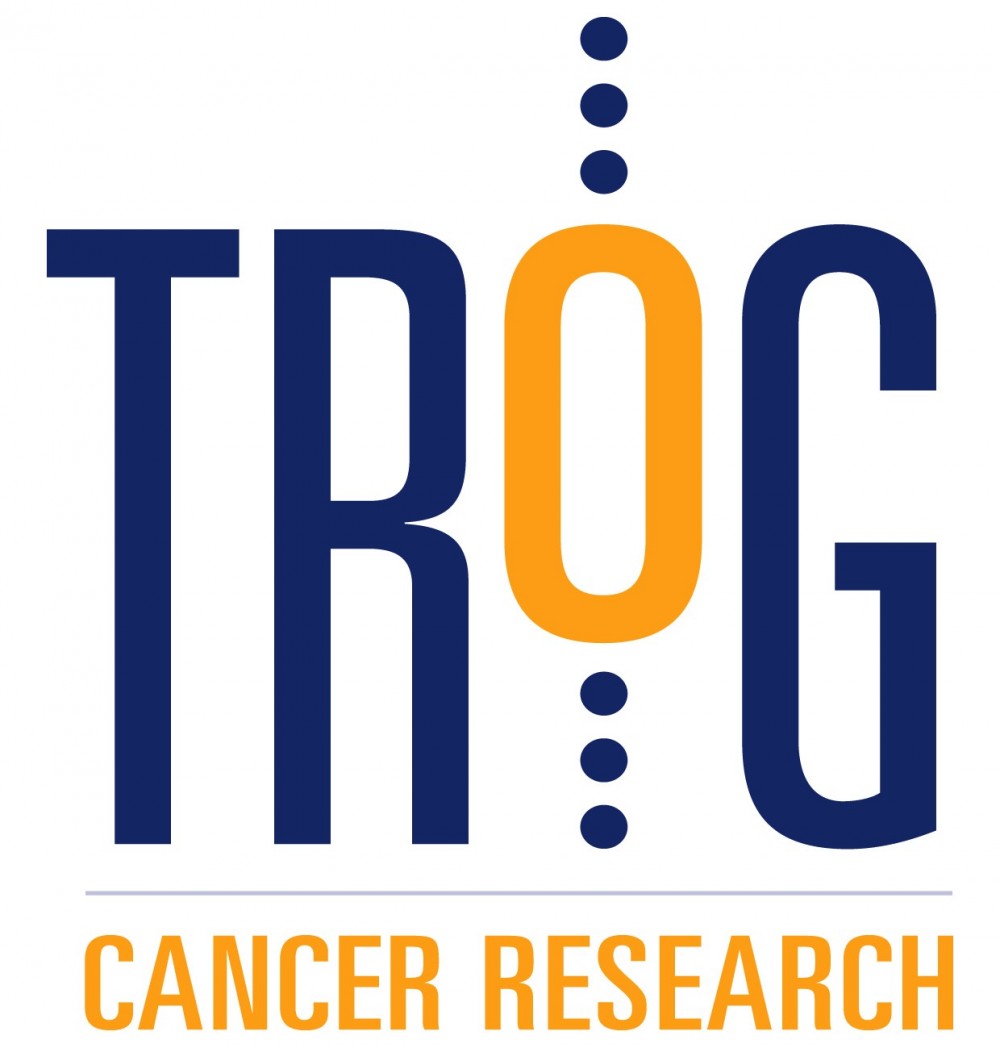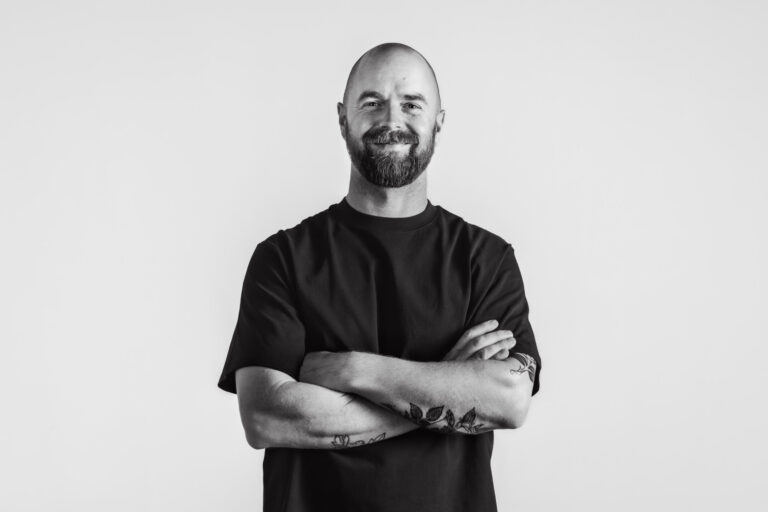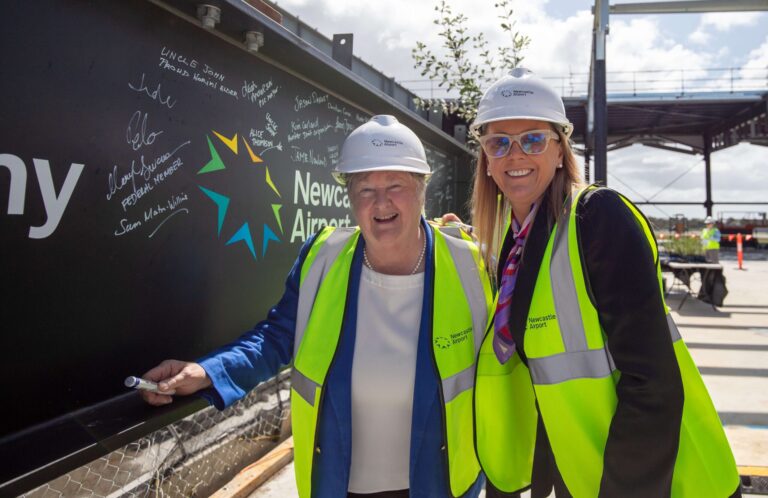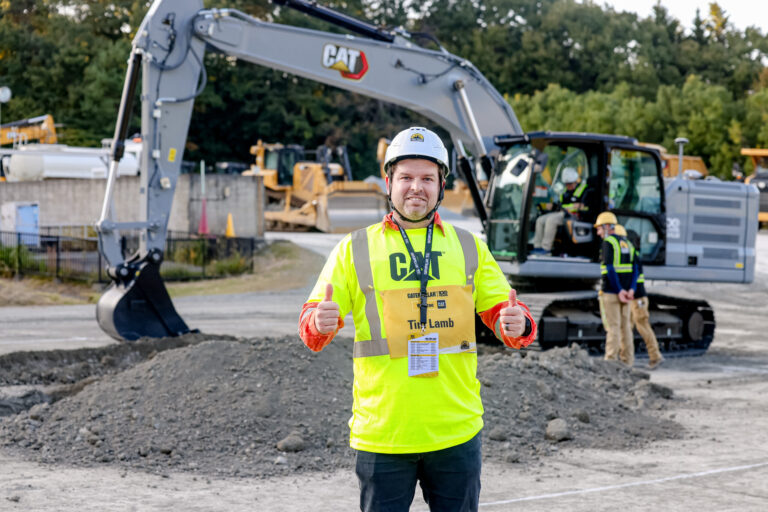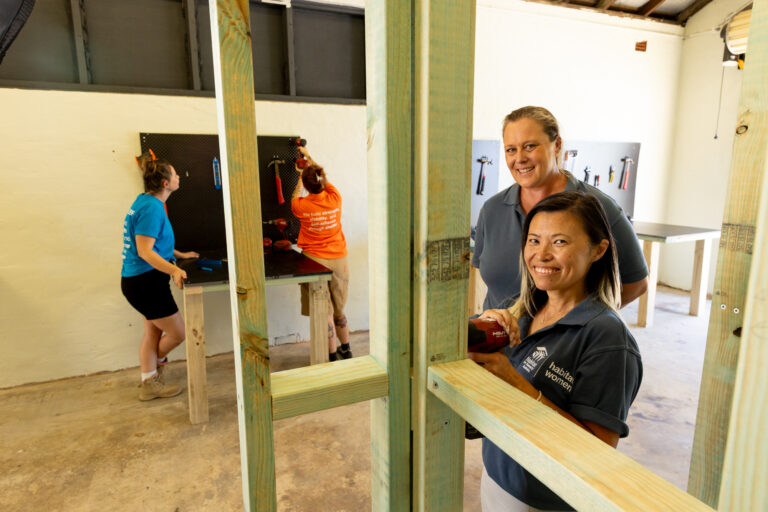The world-leading impact of a Newcastle-based cancer research organisation is in the spotlight this International Clinical Trials Day (Tuesday 20 May), after funding was granted for groundbreaking new research projects.
The Trans Tasman Radiation Oncology Group – known as TROG Cancer Research – has been leading radiation therapy research in Australia for over 36 years, having recruited more than 15,500 participants to take part in a wide-ranging clinical trials to advance the use of radiation therapy to treat many different cancers.
In one of TROG’s newest studies, researchers just received a $120,000 grant from the Mark Hughes Foundation (MHF) Centre for Brain Research at the University of Newcastle , to launch a ground-breaking new brain cancer trial from right here in the Hunter region.
The SMART trial is the most advanced clinical trial to have been funded through the MHF Centre for Brain Cancer Research, and one of six projects selected through its Innovation Grant Rounds. The grants encourage researchers to ‘think big’ with bold, blue-sky ideas in the fight against the most aggressive form of cancer.
The SMART trial will explore the use of radiation therapy in patients with advanced cancers that have spread to the brain. It will investigate whether giving one dose or three smaller doses of a type of radiotherapy called stereotactic radiosurgery (SRS) prior to surgery provides better outcomes for these patients with brain metastases.
Ms Susan Goode, CEO of TROG Cancer Research, said the grant represents more than just funding – it’s a powerful example of local collaboration driving global progress.
“We’re incredibly proud to be based in Newcastle and playing a leading role in cancer research” Susan said.
“This Clinical Trials Day, we want the local community to know that world-leading cancer research is happening in their own backyard and it’s changing lives.”
TROG’s work is unique in that it focuses exclusively on radiation therapy trials, an area of cancer research that is often overlooked, but is central to improving survival rates and quality of life for cancer patients.
Professor Mike Fay, MHF Centre for Brain Cancer Research Director and Foundation Chair and practising Radiation Oncologist, said the Foundation was delighted to receive 47 diverse grant applications from across Australia, reflecting the growing momentum and innovation in brain cancer research.
“We’re really excited about this [SMART] project as it enables us to work closely with the teams at TROG. This is the first brain metastasis trial we’ve funded through the MHF Centre, and it sets out to answer important clinical questions and deliver better outcomes for brain cancer patients.”
Another new study on which TROG is collaborating, the VITaL trial, was also awarded a $1.86m National Health and Medical Research Council (NHMRC) grant this month.
While more than three-quarters of patients with lung cancer require radiation therapy, it often causes a side effect known as radiation-induced lung injury. The VITaL trial will test whether patients treated using a new imaging technique that aims to spare healthy lung tissue from damaging effects of radiation therapy have better quality of life than those receiving standard treatment. The trial is led by Professor Paul Keall, Director of the Image X Institute at the University of Sydney, which pioneered the new technique.
The Clinical Trials Day 2025 campaign theme, ‘Powered by Purpose’, resonates strongly with all the TROG team.
“Every trial we support starts with a researcher’s idea and behind that idea is the hope of helping someone live longer, or live better,” Susan said.
“Purpose is at the heart of everything we do. We enable big ideas to progress to ground-breaking research studies, to help people in the Hunter region and around the world!”
To mark Clinical Trials Day, TROG is distributing awareness materials to its cancer centre partners across Australia and New Zealand, highlighting the important role that patients, clinicians and researchers play in advancing cancer care.
TROG continues to lead research that not only improves cancer treatment protocols but also reinforces Newcastle’s growing reputation as a hub for medical research and innovation.
IMAGE | Ms Susan Goode, CEO of TROG Cancer Research

